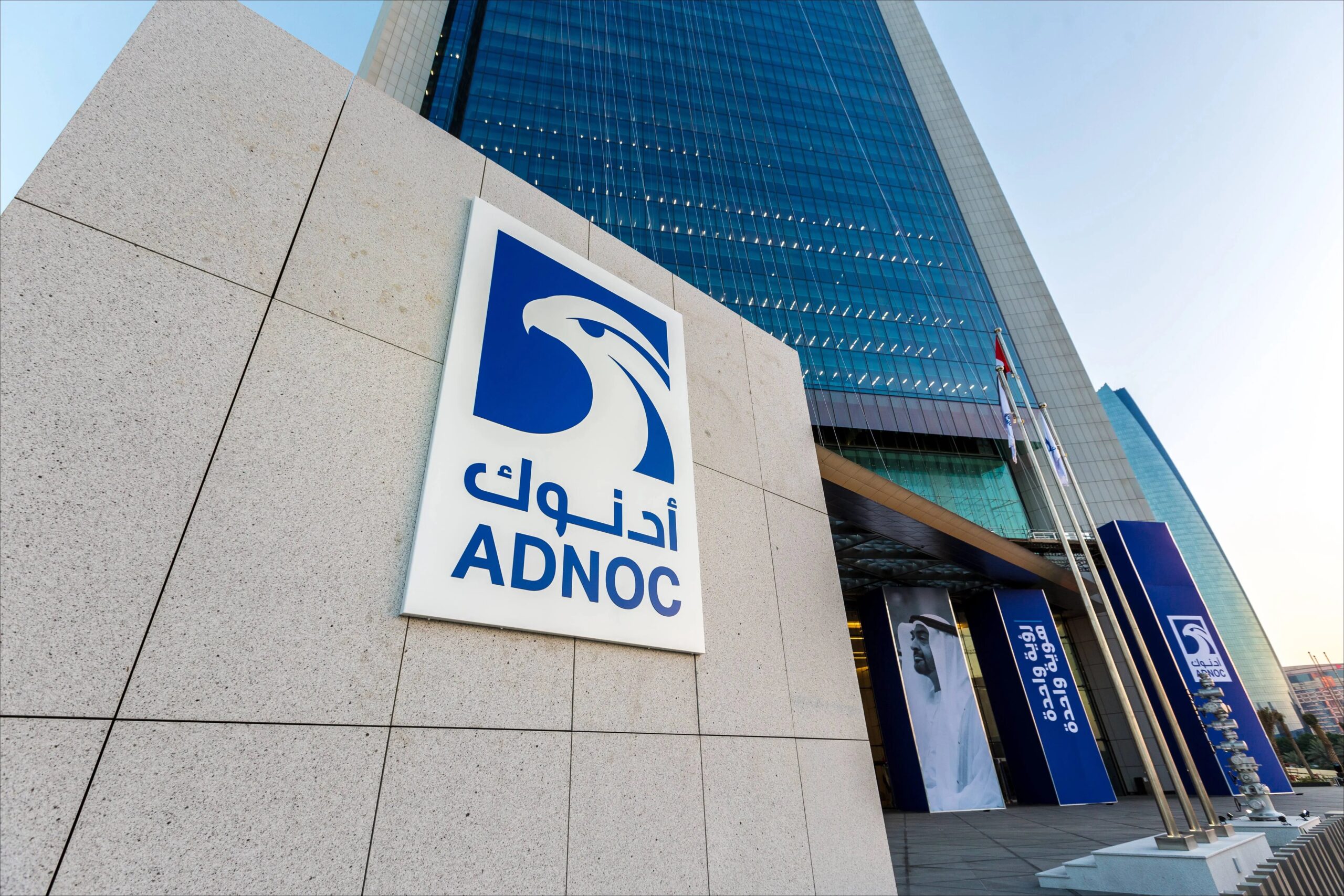5 key trends shaping the UAE in 2025
The UAE continues to position itself as a global hub for investment, innovation, and growth across sectors
Abu Dhabi Continues to Shine as a Global Sports Hub
For the third consecutive year, the NBA returned to Abu Dhabi in 2024, featuring two pre-season games between the Boston Celtics and Denver Nuggets at the Etihad Arena on Yas Island. This event underscored Abu Dhabi’s growing reputation as a premier destination for international sports. Looking ahead to May 2025, the city will host the EuroLeague basketball “Final Four” tournament—marking the first time this prestigious event takes place outside Europe. Both leagues are capitalizing on Abu Dhabi’s world-class infrastructure, professional support services, and an expanding fan base. The EuroLeague’s debut will include multi-day matches and engaging fan experiences, reinforcing Abu Dhabi’s position as a key player in the global sports landscape.
Corporate M&A Trends and AI Advancements in the UAE
The UAE’s corporate transactional landscape in 2025 is poised for significant growth, driven by both outbound M&A activity and advancements in artificial intelligence. Sovereign wealth funds and private investors are expected to increase their investments in international markets, particularly in the U.S., targeting high-growth sectors such as technology, infrastructure, and healthcare. These trends align with favorable changes in U.S. administration policies, enabling UAE investors to diversify their portfolios strategically.
Concurrently, the UAE is solidifying its position as a global leader in AI innovation, with significant investments in infrastructure, research, and development. The country’s commitment to fostering a business-friendly ecosystem has made it a magnet for top-tier AI companies, startups, and talent. As AI advances, the UAE is likely to drive progress across industries such as finance, healthcare, and manufacturing while offering fertile ground for corporate ventures and strategic partnerships.
Key Trends in UAE Capital Markets
Two pivotal trends are shaping the UAE capital markets in 2025. First, declining interest rates have spurred a surge in debt capital market activity, including Sharia-compliant sukuk offerings, with substantial growth anticipated in this sector. Second, equity capital markets are witnessing increased IPOs, particularly from tech companies and non-government entities, alongside secondary offerings such as block trades and dual listings between the UAE and other countries. Regulatory initiatives by the Dubai Financial Market (DFM) and the Abu Dhabi Securities Exchange (ADX) are key drivers of these trends, enhancing market liquidity and global connectivity.
The Rise of Private Credit and Implications of AAOIFI Standard 62
Private credit continues to grow as a critical component of the UAE financial market. In 2024, international and regional credit funds increasingly sought opportunities in the UAE, leveraging its favorable lending terms and expanding beyond traditional relationship-based lending by local financial institutions. This trend is set to gain momentum in 2025 as private credit providers explore strategic investments across the Middle East.
In parallel, the Accounting and Auditing Organization for Islamic Financial Institutions (AAOIFI) is contemplating significant changes to sukuk structures with the potential adoption of Standard 62. This would shift sukuk from asset-based to asset-backed instruments, transferring ownership and performance risk of underlying assets to investors. While this reclassification could reshape the risk dynamics of the sukuk market, its full impact will depend on how the standard is implemented, potentially influencing both issuers and investor participation.
The UAE’s Real Estate and Construction Industry: A Vibrant Market for Growth
The UAE’s real estate and construction sector remains a cornerstone of economic growth, with over $100 billion in ongoing and upcoming projects. Investments in luxury hotels, resorts, entertainment complexes, and branded residences—offering higher yields and market diversification—are driving this trend. Additionally, state-sponsored infrastructure projects further reinforce the region’s appeal for global investors.
Technological innovations such as AI, robotics, wearable IoT devices, and augmented reality are transforming construction processes and impacting the labor market. Meanwhile, early legal and technical assessments of time, cost, and quality risks are becoming increasingly critical for international contractors and investors aiming to navigate complex project requirements and maximize treaty protections.
The UAE continues to position itself as a global hub for investment, innovation, and growth across sectors, ensuring its role as a leading economic powerhouse in the region and beyond.
More From “Opinion”

What’s next for the Saudi Arabia-Trump relationship?

UAE economic outlook: promising growth ahead for 2025

UAE raises concerns over EU’s inclusion on dirty money ‘Black List’

Analyst: GCC is set to push global sukuk issuance to $200bln in 2025

Egypt maintains distance from Syria’s new leadership

Middle East reacts to Trump’s return: hopes and concerns

Report: Sustainable finance is transforming GCC’s future

Five key growth opportunities for the GCC’s industrial sector in 2025

Opinion: what are the relations between Egypt and the new Syria?

Analysis: UAE aims to shake up world order as oil trading centre

5 key trends shaping the UAE in 2025

What lies ahead for Saudi Arabia’s relationship with Trump?


